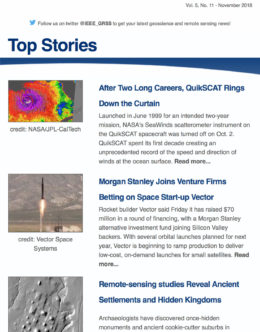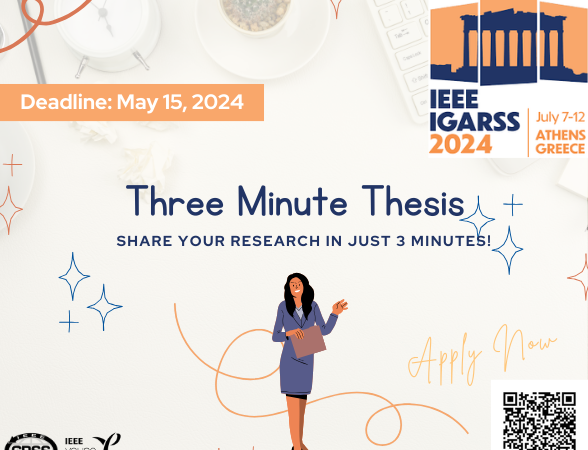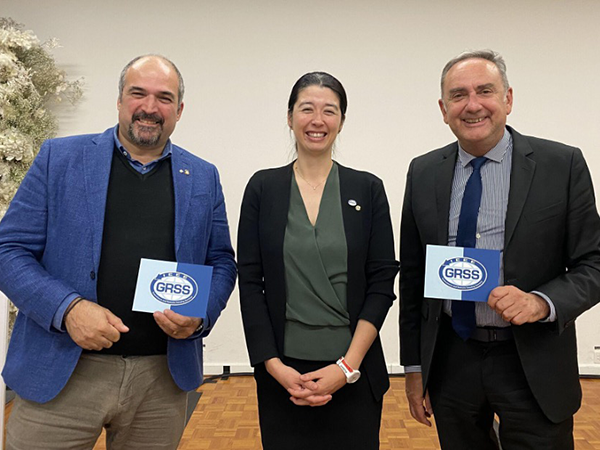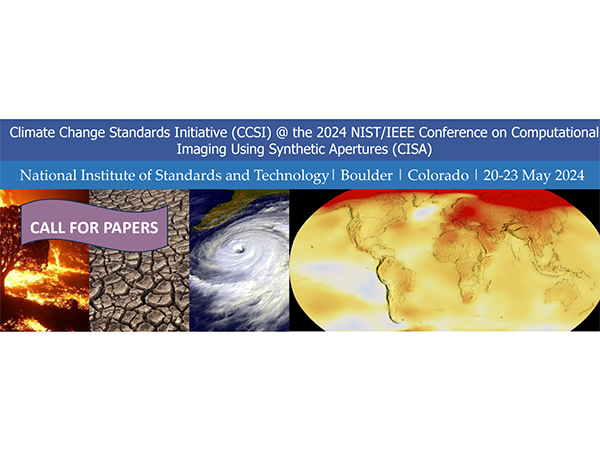Maximizing Earth Science Observations with Data Harmonization: Harmonized Landsat/Sentinel-2
Webinar Speakers:
Dr. Brian Freitag, NASA Marshall Space Flight Center
- March 1, 2022
- 10:00 AM (EST)
- Sponsored by GRSS
- ESI-TC Webinar
About the Webinar
In August 2021, NASA released science quality harmonized Landsat/Sentinel-2 products for both cloud-based access and direct download from the Land Processes Distributed Active Archive Center (LP DAAC). These 30-meter products, HLSS30 (Sentinel-2 component) and HLSL30 (Landsat component) are placed on the same grid and are generated and distributed fully in the cloud. Similarly, ESA is prototyping harmonized Landsat Sentinel-2 products at 10-meter resolution. The data production and science teams from NASA and ESA will present technical details on the data production system, data product status and availability, and the benefit of harmonizing instruments with similar sensing characteristics between the agencies.
Speakers’ Bio
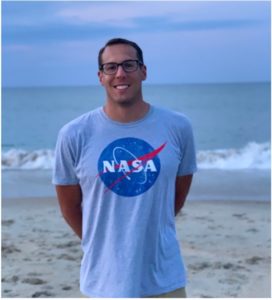

Brian Freitag, NASA Marshall Space Flight Center
Brian Freitag is a Physical Research Scientist at NASA Marshall Space Flight Center supporting the Interagency Implementation and Advanced Concepts Team (IMPACT) Project. As part of the IMPACT Project, Brian leads the data production team for the Harmonized Landsat/Sentinel-2 products and has supported other projects including the Commercial Smallsat Data Acquisition Program and the Satellite Needs Working Group. Prior to his time at IMPACT, Brian obtained his PhD in Atmospheric Science at the University of Alabama in Huntsville with a focus on the effects of urbanization on precipitation in mountainous settings. From this research, Brian also serves as a board member of the American Meteorological Society Board on the Urban Environment.
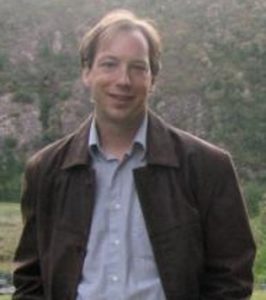

Jeff Masek, NASA Goddard Space Flight Center Research Scientist, Landsat-9 Project Scientist
Dr. Masek is a Research Scientist in the Biospheric Sciences Laboratory at NASA’s Goddard Space Flight Center. His research interests include satellite-based monitoring forest dynamics, climate-change impacts on terrestrial ecosystems, and remote sensing techniques. During 2004-2010 he led the LEDAPS (Landsat Ecosystem Disturbance Adaptive Processing System), while also serving as the Deputy Project Scientist for Landsat-8. In 2015, he was appointed Project Scientist for the Landsat-9 mission, and will continue his legacy of service with the Landsat project. Masek has also served as Chief of the Biospheric Sciences Lab from 2014-2019. Dr. Masek received a B.A. in Geology from Haverford College (1989) and a Ph.D. in Geological Sciences from Cornell University (1994), and has held previous research positions with University of Maryland, Hughes Information Systems, and Cornell University.
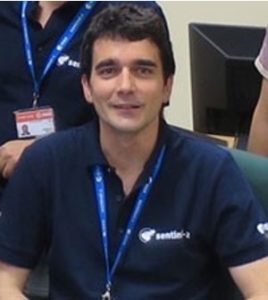

Ferran Gascon, ESA European Space Research Institute’s Copernicus Sentinel-2 Data Quality Manager
Dr. Gascon is the Copernicus Sentinel-2 Data Quality Manager with the European Space Agency (ESA), at the European Space Research Institute (ESRIN), located in Rome, Italy. At ESRIN, he works on sensor performance, products, and algorithms of optical high-resolution missions in the Ground Segment and Mission Operations Department of the Directorate of Earth Observation Programmes. Gascon spent several years on the development and operations of the Copernicus Sentinel-2 and FLEX missions. He received two Master of Science (MS) degrees; one in Telecommunications Engineering from Universitat Politècnica de Catalunya, Barcelona, Spain, in 1998, and one from École Nationale Supérieure des Télécommunications de Bretagne. He then obtained his Ph.D. in remote sensing from Centre d’Études Spatiales de la Biosphère, in Toulouse, France, in 2001.









